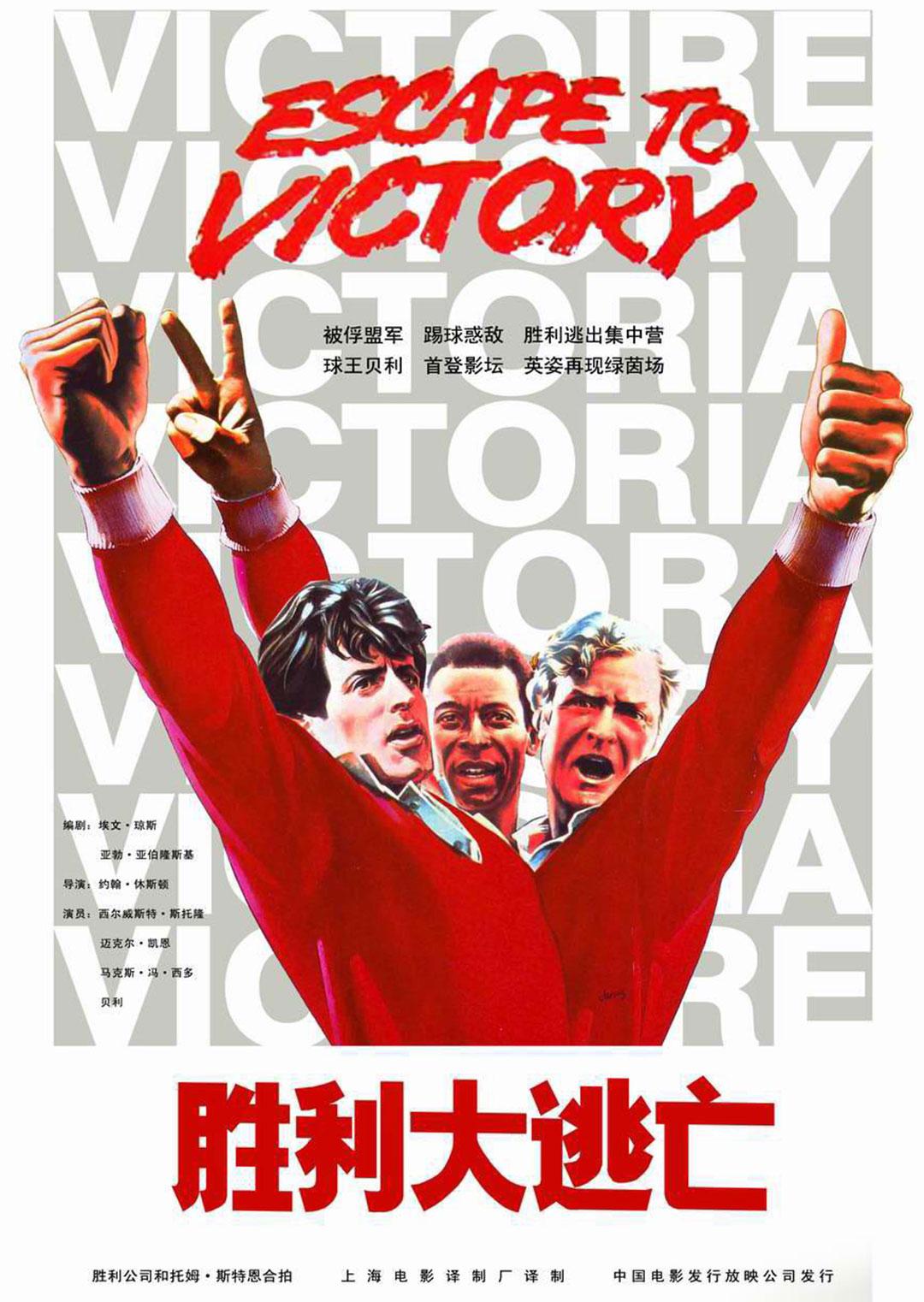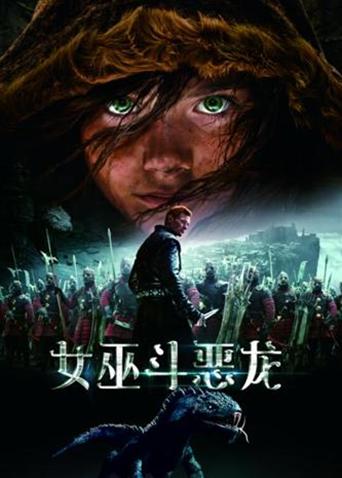几段围绕新年这个幸福时刻展开的男女之间的恋爱故事。有人爱上了朋友的男朋友,亚洲有的人让你觉得在他身边才可以做真正的自己,亚洲有的人只为了能够抚平受伤的心灵而选择了根本不适合自己的人……在新年即将到来的时候,在拆开礼物之前的紧张,兴奋,期待,也和爱情一样吧?

几段围绕新年这个幸福时刻展开的男女之间的恋爱故事。有人爱上了朋友的男朋友,亚洲有的人让你觉得在他身边才可以做真正的自己,亚洲有的人只为了能够抚平受伤的心灵而选择了根本不适合自己的人……在新年即将到来的时候,在拆开礼物之前的紧张,兴奋,期待,也和爱情一样吧?
回复 :大委与靓丽的医院护士、酷爱唱歌的丁雯处于似明似暗的恋爱中。为了实现丁雯当歌手的梦想,大委和他的一帮朋友倾情相助,一起组建了乐队。过程中他们历经重重坎坷,却怀揣梦想不愿放弃,可这时丁雯却要出国深造学习……他们最终能否走到一起呢?
回复 :米娅(艾玛·斯通 Emma Stone 饰)渴望成为一名演员,但至今她仍旧只是片场咖啡厅里的一名平凡的咖啡师,尽管不停的参加着大大小小的试镜,但米娅收获的只有失败。某日,在一场派对之中,米娅邂逅了名为塞巴斯汀(瑞恩·高斯林 Ryan Gosling 饰)的男子,起初两人之间产生了小小的矛盾,但很快,米娅便被塞巴斯汀身上闪耀的才华以及他对爵士乐的纯粹追求所吸引,最终两人走到了一起。在塞巴斯汀的鼓励下,米娅辞掉了咖啡厅的工作,专心为自己写起了剧本,与此同时,塞巴斯汀为了获得一份稳定的收入,加入了一支流行爵士乐队,开始演奏自己并不喜欢的现代爵士乐,没想到一炮而红。随着时间的推移,努力追求梦想的两人,彼此之间的距离却越来越远,在理想和感情之间,他们必须做出选择。
回复 :Somewhere in the remote region, the war ends. In the midst of ruined cities and houses in the streets, in rural hamlets, everywhere where people still live, are children who have lost their homes and parents. Abandoned, hungry, and in rags, defenseless and humiliated, they wander through the world. Hunger drives them. Little streams of orphans merge into a river which rushes forward and submerges everything in its path. The children do not know any feeling; they know only the world of their enemies. They fight, steal, struggle for a mouthful of food, and violence is merely a means to get it. A gang led by Cahoun finds a refuge in an abandoned castle and encounters an old composer who has voluntarily retired into solitude from a world of hatred, treason, and crime. How can they find a common ground, how can they become mutual friends? The castle becomes their hiding place but possibly it will also be their first home which they may organize and must defend. But even for this, the price will be very high.To this simple story, the journalist, writer, poet, scriptwriter, movie director, and film theoretician Béla Balázs applied many years of experience. He and the director Géza Radványi created a work which opened a new postwar chapter in Hungarian film. Surprisingly, this film has not lost any of its impact over the years, especially on a profound philosophical level. That is to say, it is not merely a movie about war; it is not important in what location and in what period of time it takes place. It is a story outside of time about the joyless fate of children who pay dearly for the cruel war games of adults.At the time it was premiered, the movie was enthusiastically received by the critics. The main roles were taken by streetwise boys of a children's group who created their roles improvisationally in close contact with a few professional actors, and in the children's acting their own fresh experience of war's turmoil appears to be reflected. At the same time, their performance fits admirably into the mosaic of a very complex movie language. Balázs's influence revealed itself, above all, in the introductory sequences: an air raid on an amusement park, seen in a montage of dramatic situations evoking the last spasms of war, where, undoubtedly, we discern the influence of classical Soviet cinematography. Shooting, the boy's escape, the locomotive's wheels, the shadows of soldiers with submachine guns, the sound of a whistle—the images are linked together in abrupt sequences in which varying shots and expressive sharp sounds are emphasized. A perfectly planned screenplay avoided all elements of sentimentality, time-worn stereotypes of wronged children, romanticism and cheap simplification. The authors succeeded in bridging the perilous dramatic abyss of the metamorphosis of a children's community. Their telling of the story (the scene of pillaging, the assault on the castle, etc) independently introduced some neorealist elements which, at that time, were being propagated in Italy by De Sica, Rossellini, and other film artists. The rebukes of contemporary critics, who called attention to "formalism for its own sake" have been forgotten. The masterly art of cameraman Barnabás Hegyi gives vitality to the poetic images. His angle shots of the children, his composition of scenes in the castle interior, are a living document of the times, and underline the atmosphere and the characters of the protagonists. The success of the picture was also enhanced by the musical art of composer Dénes Buday who, in tense situations, inserted the theme of the Marseilaise into the movie's structure, as a motive of community unification, as an expression of friendship and the possibility of understanding.Valahol Europaban is the first significant postwar Hungarian film. It originated in a relaxed atmosphere, replete with joy and euphoria, and it includes these elements in order to demonstrate the strength of humanism, tolerance, and friendship. It represents a general condemnation of war anywhere in the world, in any form.

